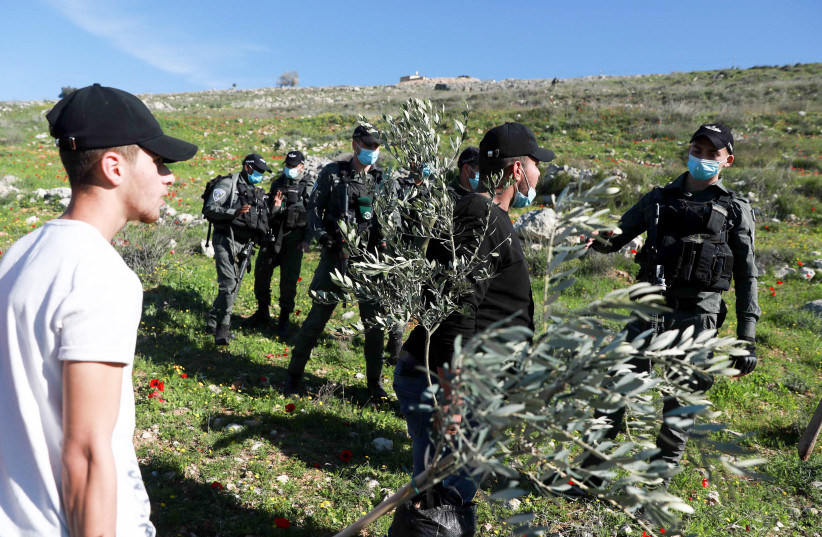The High Court of Justice rejected a petition against the eviction of more than 1,000 Palestinians from Firing Zone 918 in the West Bank’s South Hebron Hills.
It’s the latest twist in a legal battle that dates back more than 23 years. The conflict pits the rights of Palestinian herders who want to graze their flocks in the area — known to Palestinians as Masafer Yatta – against the IDF’s right to train their troops in that area.
One of the Israeli attorneys representing the Palestinians, Shlomo Lecker, said he focused in particular on a section of the judges’ response that said the evacuation of Palestinians from the area was not contrary to international law.
“This a mistake,” Lecker said, adding that it was just one in a series of obvious errors the judges made in their ruling. There were enough such errors, he said, that he was considering filing an appeal.
The HCJ ruling, handed down on Wednesday but publicized only on Thursday, said that international law prohibiting evacuation in “occupied territory” was not applicable here.

That law, the ruling stated, comes into play when an evacuation would lead to extermination, forced labor or the execution of policy objectives.
Evacuations of the local population can occur for security reasons, such as those that are present in this case, in which the IDF needs the land for training purposes, the ruling stated.
The ruling further explained that the attorneys representing the Palestinians had failed to provide sufficient evidence to prove that the Palestinian herders had used the land prior to the 1980 declaration or that the 3,000 hectares (approximately 7,400 acres) in question were a firing zone.
At issue is the fate of some eight to 11 herding villages whose residents claim that they inhabited the land before Israel captured the West Bank from Jordan during the Six-Day War in 1967.
Palestinian modular structures that lack Israeli building permits are considered by the IDF to be illegal. The HCJ judges said the Palestinians had violated past understandings by which they agreed not to build in that area and have even gone so far as to replace modular homes with permanent ones.
The court, however, did say that the door was still open for the villagers to agree with the military on using parts of the land for agricultural purposes and urged the sides to seek a compromise.
Masafer Yatta Mayor Nidal Abu Younis said the ruling “proves that this court is part of the occupation. We are not going to leave our homes. We will stay here.”
The Association for Civil Rights in Israel (ACRI), which along with Masafer Yatta residents petitioned against the expulsion, said the verdict would have “unprecedented consequences.”
“The High Court has officially authorized leaving entire families, with their children and elderly, without a roof over their heads,” ACRI said in a statement.
The left-wing Israeli NGO B’Tselem said, “Employing sugar-coated language, hypocrisy and lies, the justices once again fulfilled their role in Israel’s regime of Jewish supremacy and paved the way for the crime of forcible transfer to be committed.”
Reuters contributed to this report.
